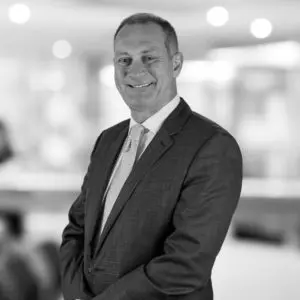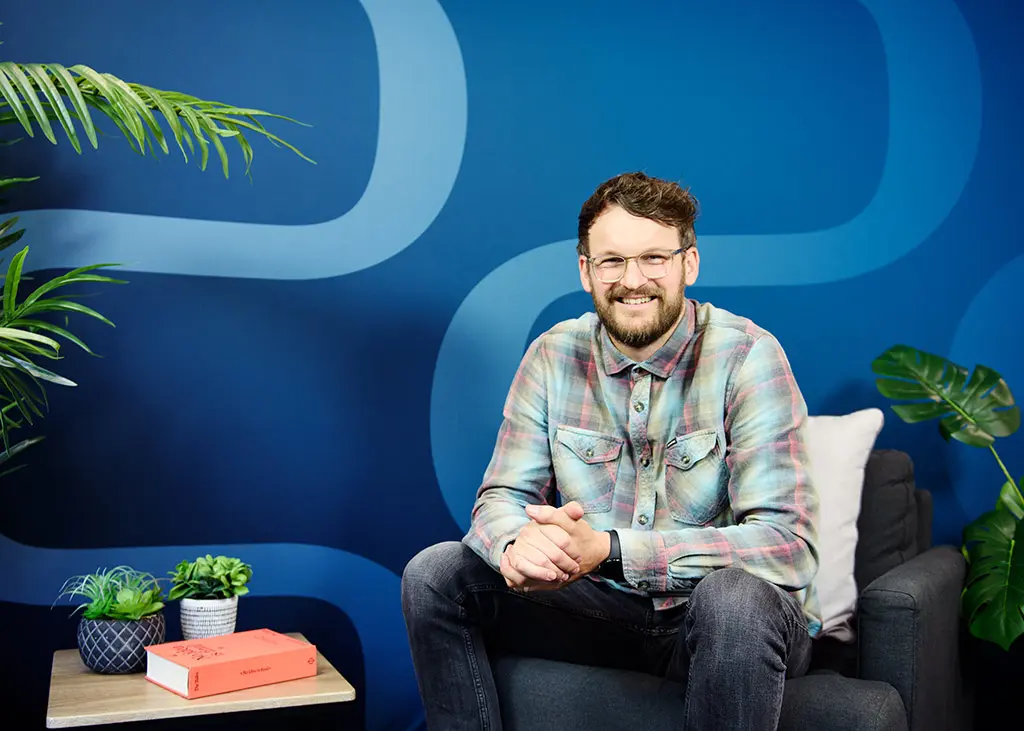Emerging from lockdown, it’s clear the pandemic has had a profound social and economic impact. The personal tragedies and hardships of millions of people cannot be understated, but like most periods of profound disruption, the pandemic has accelerated changes which will shape society for years to come. One of these is the critical importance of digital communications.
It is easy to forget that many of the technologies we have taken for granted during lockdown, are relatively new. Videoconferencing has been around since the 1980’s, but only in the past 15 years with Skype and Facetime has become popularized. Our lockdown reality has been transformed by the availability of Zoom, Teams, and other online messaging and video platforms.
The pandemic has accelerated the trend towards digital and forced companies and public bodies to rethink how we engage with employees, customers, and communities.
For planning, this has meant online council meetings and digital consultations. For BECG, this has catapulted our business into a new paradigm, where the centrality of our digital offer is fundamental to how we advise and support our clients.
Last Spring, we rolled out our digital exhibition platform, enabling residents to view proposals, share their views, and engage with the planning process – from their homes. We have now delivered well over 150 virtual exhibitions, have received thousands of feedback submissions, and have witnessed an exponential growth in the quantum and quality of engagement.
Digital spaces aren’t just for the young. Our research has demonstrated that engagement rates are over ten times higher for the over 55s, for digital consultations compared to live exhibitions. That’s why the Government must find a way around legal constraints and ensure that digital council meetings continue as a positive legacy of the pandemic.
Using social media to generate support
Participation in digital consultations is partly driven by the growth of social media as a source of news and community interaction. Currently older generations overwhelmingly use Facebook with corporate and professional classes increasingly using LinkedIn, whereas younger users are more likely to use Snapchat, Instagram and other platforms.
Social platforms are the new town squares. In 2020 people of all ages, from every walk of life, turned to social media to connect with family and friends, and their workplaces. Social media is encouraging and reshaping how we organize and come together as groups.
Community and neighbourhood groups on Facebook and WhatsApp proliferate and during the pandemic, they mobilised to swap goods and services and help vulnerable neighbours. New digital communities have sprung up as people have had the time and space to engage with local issues. Post-pandemic these forums will continue for residents to share thoughts on local issues – including planning applications.
Increasingly securing success in planning, is about both navigating and responding to the challenges of online community opposition and also about identifying and mobilizing digital supporters. Recruiting digital advocates to speak up in local forums has become increasingly important. And social media targeting has enabled accurate demographic segmentation, allowing clients to reach and enlist potential supporters based on their interests, income, age, or any number of social factors.
Last month, Southampton Airport secured approval for the runway extension that is fundamental to its commercial future. Our part in this success was to shift the balance of community representations, so that 70% opposition in the first consultation swung to 60% in favour, after we mobilized over 4,800 residents to support the application. Without digital engagement this could not have been achieved.
With digital consultations we can reach a broad audience, engage with communities and mobilise digital advocates. But social media tools also offer many other benefits. That’s why BECG recently acquired the leading social media management platform, CrowdControlHQ.
By integrating CrowdControlHQ with our digital planning expertise, we give clients the chance to track engagement and understand the sentiment around a project. Real-time monitoring using community management tools, allow clients to see responses to their proposals, measure the sentiment behind residents’ comments and tailor their campaigns to drive positive engagement.
An advanced digital offer
We are just at the start of a new hyper-connected digital age and undoubtedly new technologies will continue to shape our approach to planning. The need to engage with residents across multiple platforms and to invest in new conversational tools, will grow as people grow accustomed to using technologies to carry out their day-to-day activities, from shopping to banking.
Planning engagement often requires support from people who wouldn’t usually respond to traditional consultations. Social media and advanced targeting tools allow us to reach these hard-to-reach groups and demonstrate engagement in the process.
Recruiting networks of local people in favour of local development means that we can build a consensus and mobilise supporters behind planning issues. By amplifying these local voices, we are able to involve people who are otherwise underrepresented in the planning process.
Our consultations offer combines political intelligence, traditional community engagement and comprehensive digital tools. By putting content creation, digital strategy, targeting, and community management at the centre of planning campaigns, we ensure maximum reach and engagement with development proposals.
Find out more about our digital offering
This article first appeared in Housebuilder Magazine’s May 2021 edition. You can view it here.




